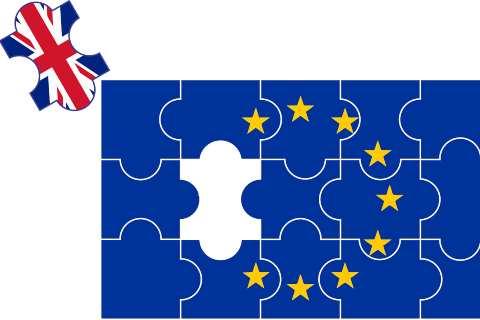By Jo Causon, CEO, The Institute of Customer Service
It may be hard to believe, but two years have now passed since the historic referendum on Brexit. We stand just nine months away from leaving the EU, albeit with a transition period set to run to the end of 2020.
One might have imagined that, during the last two years, many different aspects of how Brexit will work and the nature of our relationship with the EU afterwards would have become clear. But the fact is, they haven’t. Brexit is still dogged by political uncertainty and wrangling. The likely outcome on many key issues is still far from known.
The arguments and debates roll on. I fear that many people have begun to mentally switch off from it all. It’s a natural human reaction when things are confusing and unclear. This matters for business because it creates a mood that permeates more widely. When consumers stop listening to politicians, they stop listening to businesses as well. They begin to disengage. This means that, when a business has something they want to communicate to their customers and engage them around, it becomes much harder because the audience is less receptive. That is why I believe it is vital for organisations to keep moving their business forwards despite all the Brexit uncertainty.
There may be a public mood of disengagement, but businesses simply can’t afford to follow suit. There is a risk of corporate paralysis, of putting things on hold and battening down the hatches. But this is not good for customers. It doesn’t enhance the service agenda and it doesn’t improve the customer experience. Businesses must resist the trap of becoming reductionist in uncertain times.
I have three messages for businesses right now: Keep focused on your own agendas, keep the distractions out and stay committed to improving and innovating in your business. Don’t become inward-facing, there is always the temptation, when times are challenging, to look inwards. Resist this. Keep your focus on the customer and concentrate on maintaining an ‘outside in’ approach. Think about your customers, what do you need to be communicating to them? What do they need to know about your approach and future plans, and how can you reassure them that, whatever happens with Brexit, your business will continue to be there to serve them?
Approached in the right way, Brexit represents an opportunity for businesses to mark themselves out ahead of their competitors in the way that they communicate and engage with their customers. The organisations that can do this will cement deeper relationships than those who offer nothing.
There are still many concerns for business, of course. Prominent among these are people issues, we already suffer from skills shortages across many sectors, so what will the picture be like post-Brexit? How can companies plan ahead to mitigate this, and what should they be communicating to existing staff who may be affected? There are simply no easy answers here, but we know there is a clear link between employee engagement and customer satisfaction – for every 1% improvement in employee engagement we get a 0.41% increase in customer satisfaction, and the number one thing employees want is to be able to better serve their customers.
We need to support them to do this through professional development, training, dialogue, understanding, and a relentless focus on better designed customer experiences. Despite the uncertainties, businesses need to stay true to their core principles and keep faith in what differentiates them. The organisations that stay committed to a service agenda that brings a better experience to customers and adds real value, rather than running blandly in the middle of the pack and competing mainly on price, are the ones who are likely to reap the greatest rewards after March 2019 and going forward.




Comments (0)